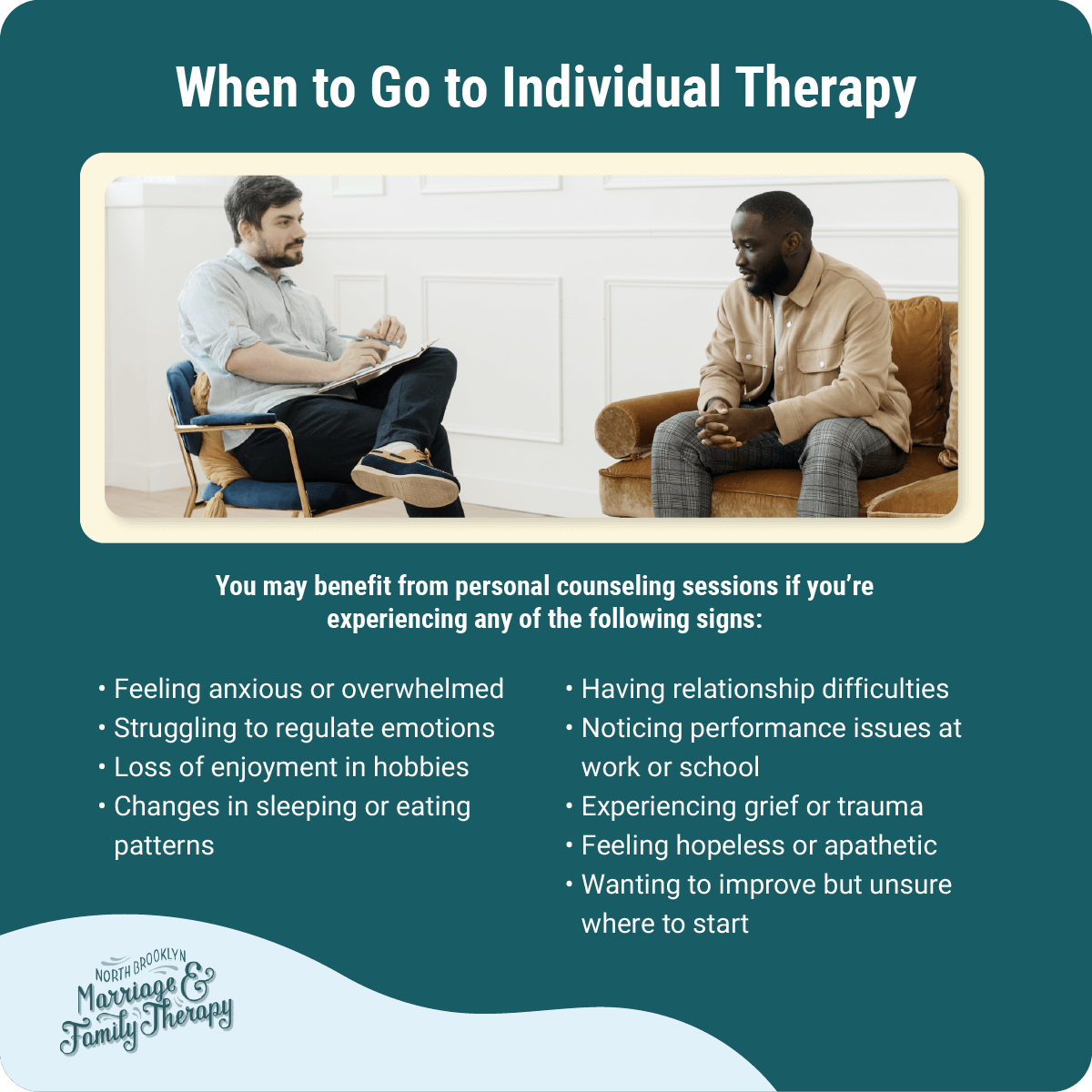The psychology behind Individual Therapy Toronto and how it improves emotional resilience
Wiki Article
Finding Reliable Approaches With Mental Treatment for Teenage Difficulties and Success
Mental treatment works as a crucial resource for teens dealing with numerous challenges during their developmental years. By addressing concerns such as peer stress and academic anxiety, treatment gears up adolescents with necessary coping methods. In addition, healing methods like cognitive-behavioral therapy play a crucial function in fostering psychological strength. Nevertheless, the impact of adult participation in this procedure continues to be a vital variable. What transformative adjustments do these synergies genuinely yield for teenagers traversing their complexities?Comprehending the Relevance of Mental Treatment for Teens
Although several young adults deal with a myriad of emotional and mental challenges, the importance of mental treatment typically remains underappreciated. For adolescents steering the tumultuous change to their adult years, treatment functions as a vital resource for creating coping strategies and building resilience. Mental health professionals give a safe area for teenagers to reveal their feelings, cultivating self-awareness and understanding. This therapeutic environment motivates open dialogue, enabling teens to challenge their stress and anxieties, concerns, and self-worth issues without judgment.Furthermore, mental therapy can aid adolescents find out crucial abilities, such as psychological and analytic law, which are basic for handling tension and interpersonal relationships. By taking part in treatment, teenagers can additionally acquire understandings right into their habits and believed patterns, encouraging them to make enlightened decisions. Eventually, mental therapy is not just an assistance system; it is a foundational aspect in advertising the total health and development of young adults during a substantial duration of their lives.
Usual Adolescent Obstacles Addressed by Treatment
As young adults browse the intricacies of adolescence, they commonly come across challenges that can significantly affect their psychological and psychological wellness. Typical concerns include peer stress, which can cause anxiousness and stress as they endeavor for acceptance. Additionally, identification exploration during this duration might lead to sensations of confusion or low self-confidence. Academic pressures additionally tax many teenagers, creating distress as they balance the expectations of school and after-school activities.Furthermore, household dynamics can affect a teenager's emotion, especially during times of conflict or adjustment, such as separation. Psychological wellness issues, consisting of clinical depression and anxiety disorders, are widespread and can prevent a teen's ability to deal with everyday life. Treatment acts as a crucial source, helping adolescents resolve these challenges by supplying a secure area to discover their sensations, develop self-awareness, and find out efficient coping approaches customized to their special experiences.

Healing Strategies for Structure Coping Abilities
Therapeutic strategies for developing coping skills encourage teenagers to handle their mental and psychological difficulties effectively. One widely made use of method is cognitive-behavioral treatment (CBT), which assists teenagers identify and reframe adverse idea patterns, thus cultivating resilience. Mindfulness methods, such as meditation and deep-breathing workouts, encourage present-moment understanding, decreasing stress and anxiety and enhancing psychological law.An additional technique entails role-playing, allowing young adults to practice feedbacks to challenging situations in a safe atmosphere, which can boost their self-confidence and web link analytical abilities. Art and songs therapy likewise supply creative electrical outlets for expression, allowing teenagers to process their feelings constructively.
Furthermore, journaling can function as a reflective device, enabling teens to track their emotions and recognize triggers. Individual Therapy For Teens. On the whole, these healing strategies gear up teenagers with sensible abilities to browse the complexities of their developing phase, cultivating individual growth and psychological health
The Duty of Adult Support in Treatment
Just how can parental assistance enhance the efficiency of treatment for teens? Research shows that when parents actively involve in their teenager's therapeutic procedure, the end results can be significantly boosted. Parental involvement fosters a feeling of stability and understanding, allowing young adults to really feel more secure in addressing their difficulties. This assistance can show up in different methods, including participating in sessions, interacting honestly about sensations, and strengthening coping strategies in the house.
Success Stories: Transformative Outcomes of Psychological Treatment
Parental assistance plays a significant role in boosting therapeutic outcomes for teens, leading the way for exceptional success stories in mental health treatment. Several adolescents have arised from therapy with enhanced emotional durability, far better coping mechanisms, and an improved feeling of self-worth. One teenager struggled with stress and anxiety that influenced their scholastic performance and social interactions. With the support of their parents and constant therapy, they created methods to manage anxiousness successfully, eventually causing improved grades and restored friendships.An additional success story involves a young private battling clinical depression. With the advice of a mental health specialist and undeviating adult motivation, the teenager learned to engage and share feelings in positive activities. As an outcome, they transformed their expectation on life, cultivating goals for the future - Individual Therapy For Teens. These stories highlight the profound effect of psychological therapy, showcasing just how support and efficient strategies can bring about transformative end results for young adults encountering challenges
additional reading
Often Asked Questions
How Can I Identify if My Teen Demands Therapy?
Indicators that a young adult may require therapy include persistent despair, withdrawal from social activities, extreme state of mind modifications, decreasing academic performance, and expressing sensations of despondence. Observing these actions can suggest the need for professional support.What Is the Common Duration of Treatment for Teens?
The regular duration of therapy for teenagers varies, usually ranging from six months to a year. Variables affecting this include the person's specific challenges, healing goals, and the progress made during sessions.Are Online Therapy Sessions Effective for Teenagers?
Online treatment sessions can be efficient for young adults, using benefit and availability. Many research studies show that virtual sessions give similar benefits to in-person treatment, promoting communication and engagement, which are vital for teenage mental health and wellness support.
Just How Much Does Teenage Mental Treatment Generally Expense?
Teen mental therapy prices normally vary from $50 to $250 per session, depending on the therapist's experience and place. Insurance policy insurance coverage might reduce out-of-pocket expenditures, making treatment extra accessible for family members seeking support.Can Therapy Be Hazardous for Some Teenagers?
Treatment can be damaging for some young adults, specifically if they really feel misinterpreted or unsupported. Unfavorable experiences may occur from poor therapist matches, improper techniques, or unresolved trauma, potentially causing boosted anxiousness or distress instead of healing.
Report this wiki page